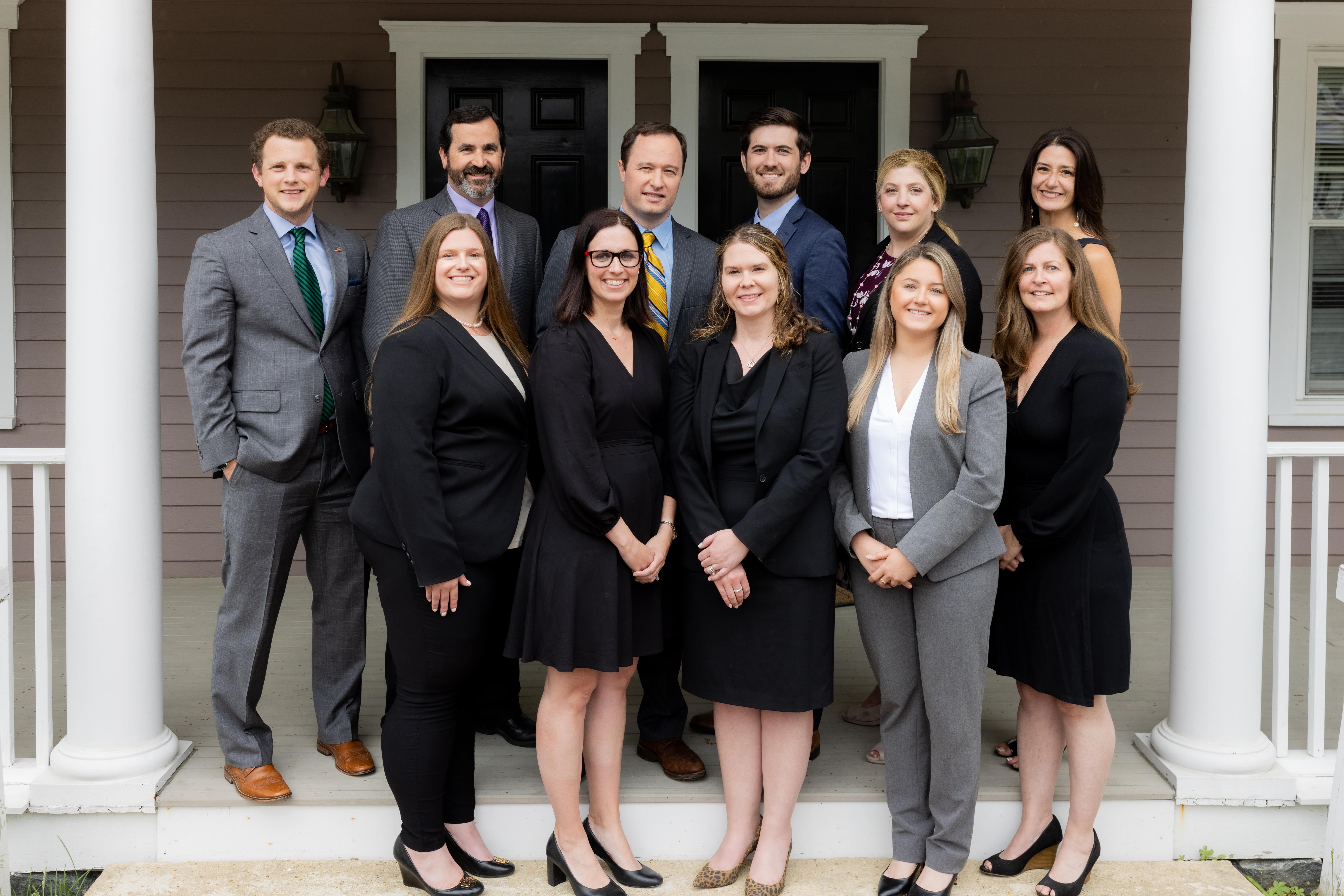Macelree Harvey is pleased to share that Lance Nelson will join an esteemed panel of attorneys convened by the Pennsylvania Bar Institute (PBI) to discuss “Equitable Distribution in Divorce 2021” via statewide webcast on June 17th, 2021.
PBI writes, “Complex fact patterns arise in numerous cases. The difficulty becomes how to present the facts in a positive manner or how to defend the facts vigorously. Learn from experienced triers of fact what factors and other considerations they find most persuasive. Discuss how to size up the case and narrow the issues. Also discuss and learn what litigation strategy the masters prefer and what they expect from the lawyers.”
Using his expertise on cutting edge issues in family law, Lance will present on the complex dynamics at play in representing a client who owns a medical marijuana dispensary, including the interplay of state and federal regulations.
Register for the online event here.
Lance Nelson is a Partner at MacElree Harvey, Ltd. in West Chester, where he is the chair of the firm’s family law practice. He has over 25 years of experience representing clients in family law matters such as divorce, marital agreements, adoption, custody, and support. For his business clients, he advises on a variety of legal issues, including contract disputes, construction issues, corporate control issues and other aspects of day-to-day business disputes. Mr. Nelson has an AV Preeminent Rating in Martindale Hubbell Peer Review Ratings, the highest legal ability, and ethical standards rating. He has been consistently selected to the Best Lawyers in America, Pennsylvania Super Lawyers, and the Main Line Today Top Lawyers list in the field of Family Law.


